4 Reasons You Should Hold On To Bitcoin Right Now
by Editor's Desk
Cryptocurrency is a highly volatile market. Values can skyrocket in one month, only to fall flat the next. Even the most prominent Bitcoin is no exception. According to CoinDesk, Bitcoin reached an all-time high of nearly USD$69,000 in November last year but lost more than half of its value by 2022. For that reason, it’s understandable if some Bitcoin holders still have lingering regrets.
Nevertheless, there are several good reasons for people to hold on to their Bitcoins. If you’re planning to get into Bitcoin cloud mining or invest in other related stocks, now may be a good time to do so.
Bitcoin still remains a worthwhile digital investment because of the following reasons:
- Steep Drops In Value Aren’t Unusual
It’s essential to understand that cryptocurrencies are unlike any other legal tender. For one, they’re decentralized, which means that they aren’t based on a standard policy like physical currencies and aren’t controlled by a regulatory body or framework. Also, the market figures are primarily speculative, based on investor activity and confidence.
These reasons, as some industry leaders say, can also make significant downturns a common sight in the market. They advise refraining from treating short-term drops in market value as the end of the world since cryptos can typically shine long-term. Make like Elon Musk and “pump but don’t dump,” at least for ten years minimum.
An estimated 106 million people own Bitcoin, and experts believe that this buy-and-hold strategy is viable for any crypto. If you’re one of them or about to be, and you’ve done your homework, there may be no need to fear these periodic downturns. Significant upswings often follow such events, and even then, HODL may still be the best option.
- Holders’ Votes Determine Future Gains
Many Bitcoin holders forget that they can determine the direction the cryptocurrency should go through their votes. Think of it as a referendum of sorts; a majority vote can decide whether to accept or reject changes proposed by the developers. It can get pretty heated like the elections, but this on-chain governance can promote steady growth for volatile investment.
Most eyes are on price movements when it comes to cryptos. But based on a study, the benefits of buying and holding onto Bitcoin can go beyond that. Using the Cost-of-Carry model, the study determined that its spot price is about 5.4% higher than its futures price.
More importantly, being aware of the right to vote on crucial changes can increase the holding benefit by another 5.6%. This figure can be a force multiplier through the years as crypto tech and policies continue to improve, prompting cryptos to adapt. Who wouldn’t be shaken if Bitcoin finally decides to shift to a proof-of-stake model one day?
- Cryptocurrency Is Banned In China
China’s eventual complete ban on cryptocurrency trading in September last year shocked the crypto community. Back then, many cryptos operated from China because of the low cost of electricity, which crypto mining requires in huge quantities. The move instilled fear and uncertainty in the market, though short-lived.
But if there was a silver lining, the U.S. became poised to become the largest crypto market in the world. As China-based crypto companies started setting up shop stateside, they became an invaluable source of revenue for several lowkey towns. One mining operator says the U.S. is a “safe choice” despite electricity costs not being on the affordable side.
What does all this mean for the average Bitcoin holder? The expansion of the U.S. crypto market could foster competition, and having competitors in the market can force companies to step up their game. Nowhere can this be more evident than expanding data centers and improving mining and hosting operations. If earning at least USD$160,000 in seven months is possible now, what will the future bring?
- A Crypto Rulebook Is Coming Soon
Current regulations governing cryptocurrencies are piecemeal at best. People are still trying to understand how this decentralized blockchain-based currency works, making coming up with laws hard. However, there have been signs of a crypto rulebook nearing completion.
On a global level, the International Organization of Securities Commissions stated that the formation of a joint regulatory body is likely in the following year, focusing on Bitcoin and digital currencies. Meanwhile, in the U.S., President Joe Biden recently signed an executive order mandating a framework to regulate the crypto market better.
Conclusion
At this point, it’s almost impossible to deny cryptocurrency’s growing influence on the existing financial policy. Given crypto’s erratic price movements, it may be easy to be tempted to sell in the short term. But buying and holding at this time can be a sound decision, especially with signs of the investment’s growing viability.
Tim Moseley



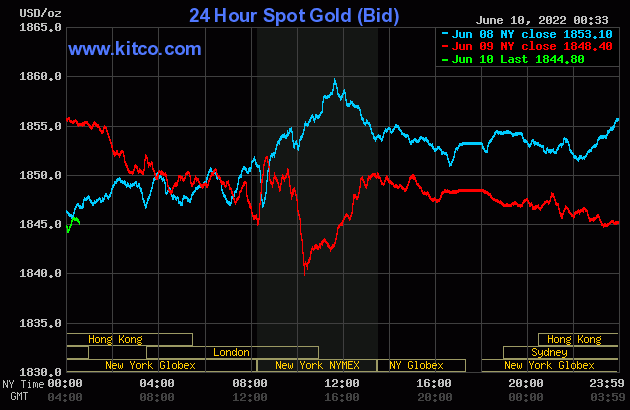
(1).png) Gold market is waiting for next week's Fed meeting – StoneX's O'Connell
Gold market is waiting for next week's Fed meeting – StoneX's O'Connell.gif)
.gif)
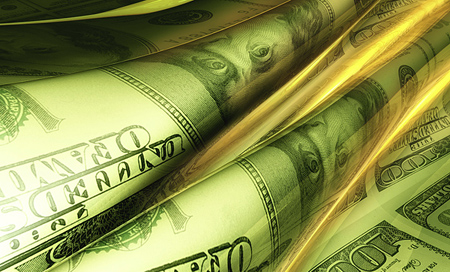
.png) Gold price remains chained to $1,850 as OECD lowers growth forecasts
Gold price remains chained to $1,850 as OECD lowers growth forecasts




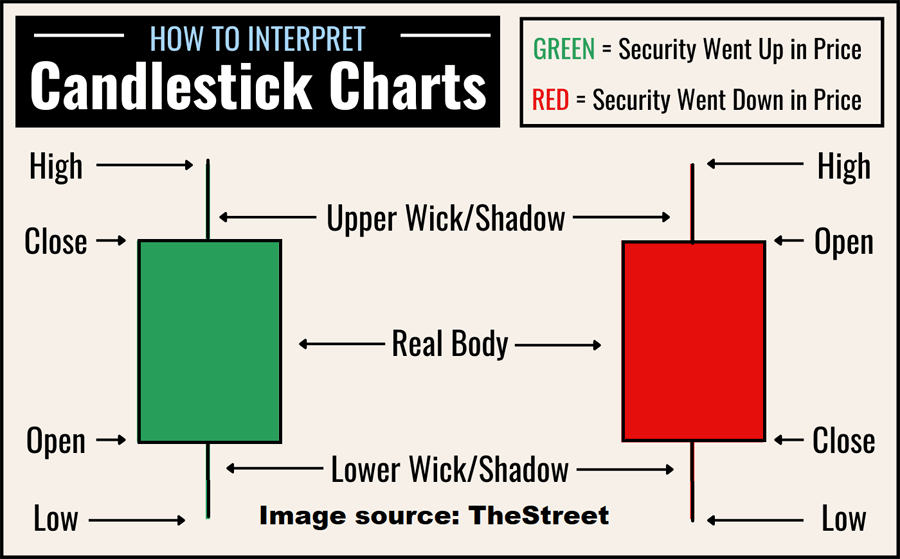
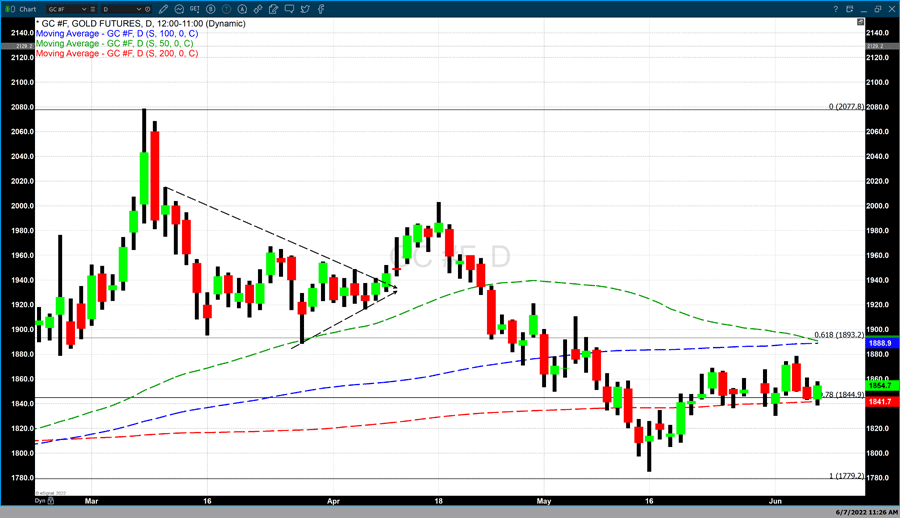
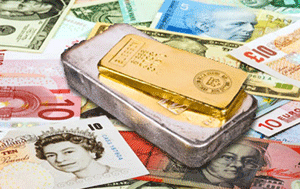
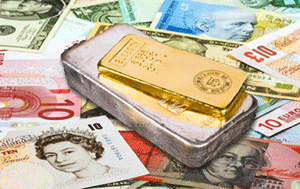 Emerging market central banks represent new demand for gold as they de-dollarize – Société Générale
Emerging market central banks represent new demand for gold as they de-dollarize – Société Générale.gif)
.gif)

 Is global 'slavery' coming? Gold guards against 'total control' – Bob Moriarty
Is global 'slavery' coming? Gold guards against 'total control' – Bob Moriarty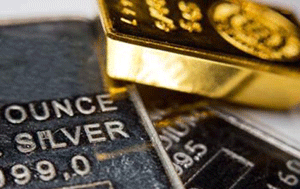
.gif)
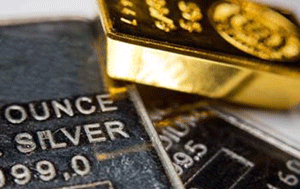 Tennessee removes sales tax on gold and silver, only eight states to go
Tennessee removes sales tax on gold and silver, only eight states to go